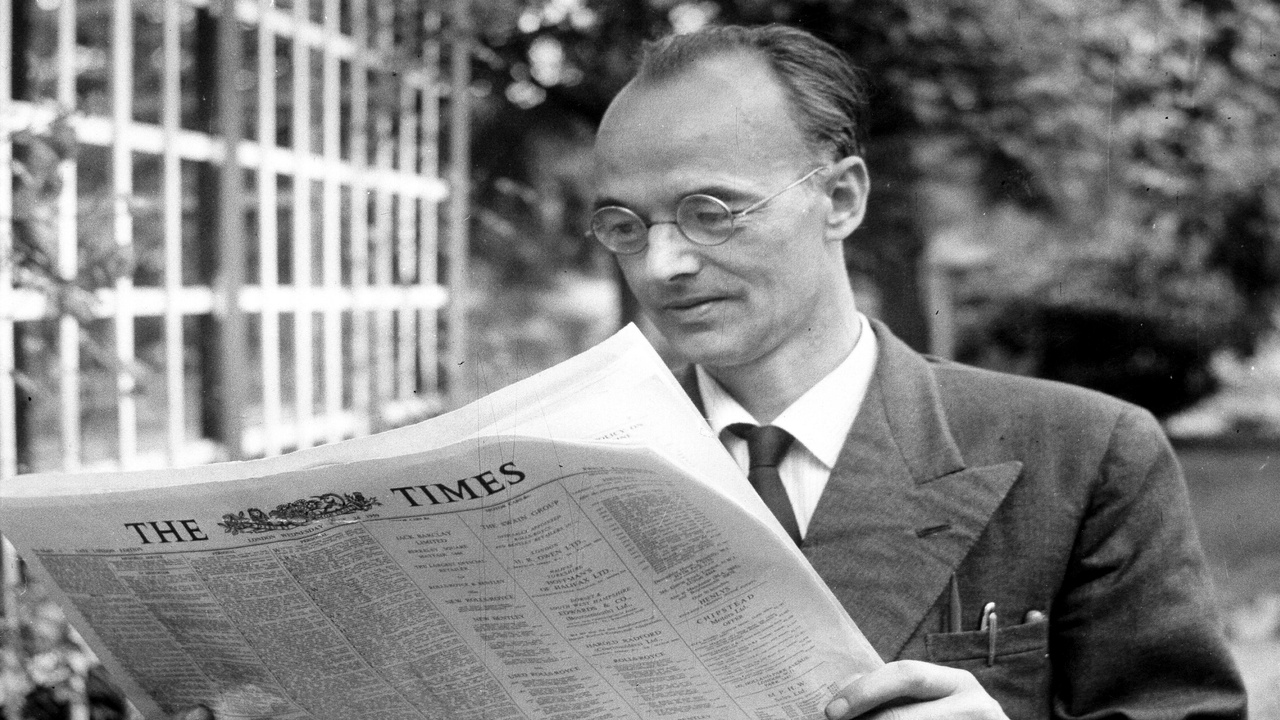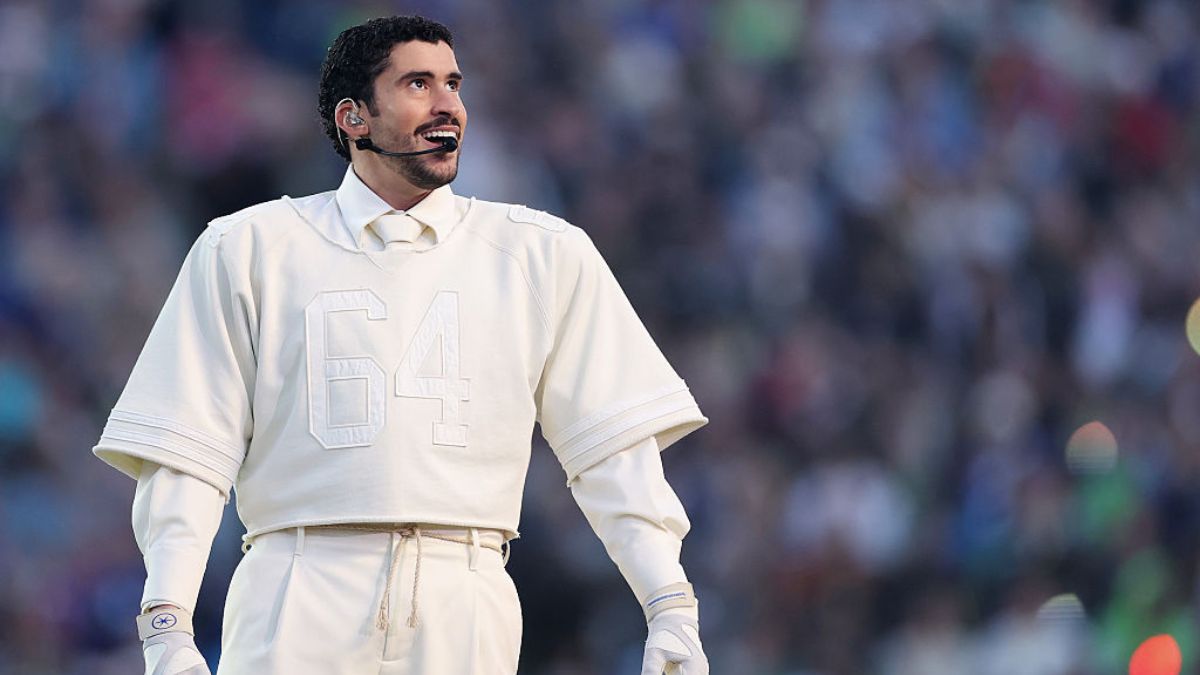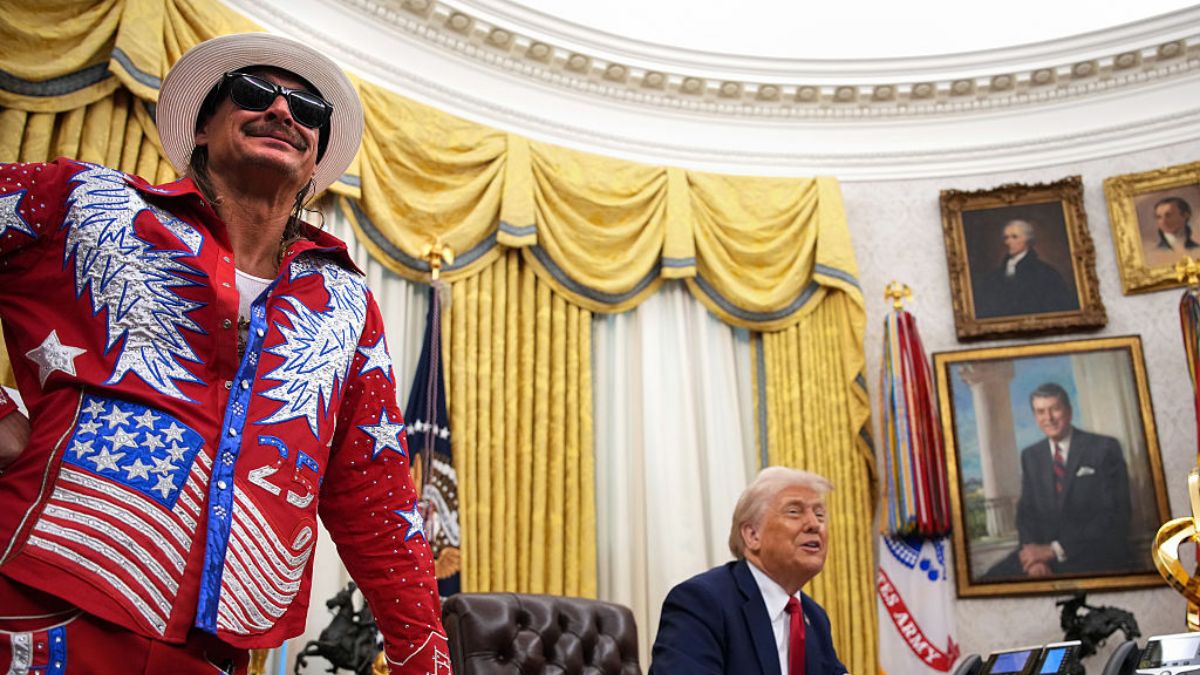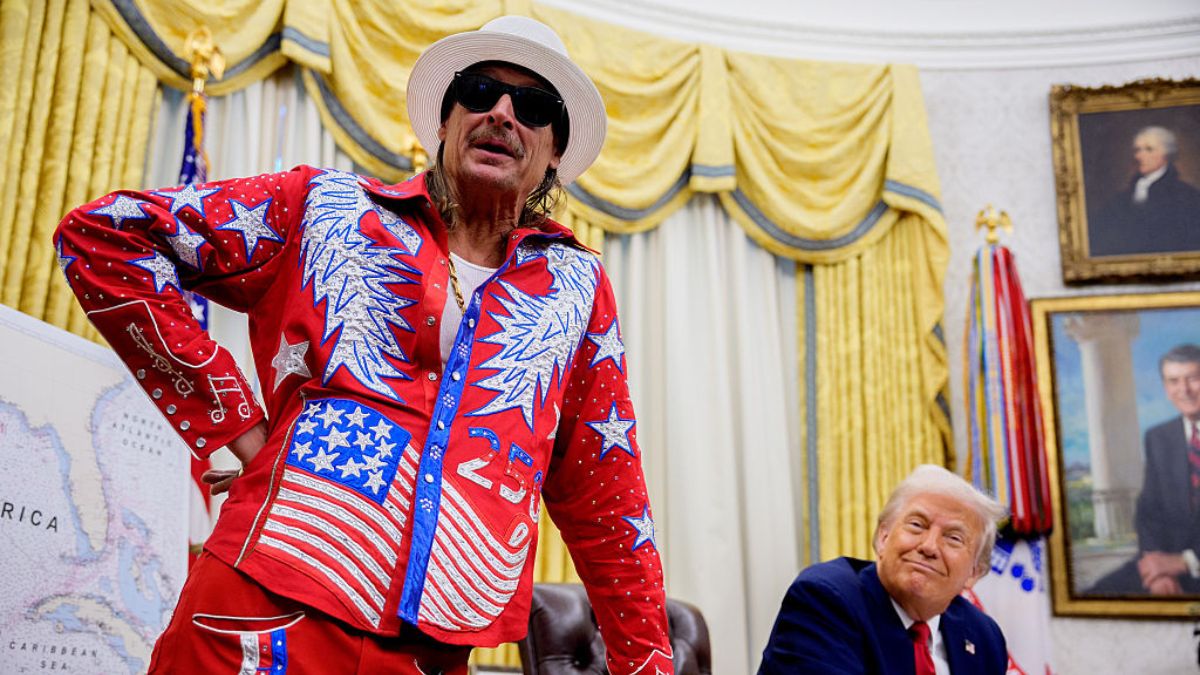As the events of Christopher Nolan’s Oppenheimer film unfolded, it became clear that a Soviet spy had been present and was sharing nuclear secrets. Despite this, J. Robert Oppenheimer denied the allegations, but unfortunately, it was ultimately confirmed that the spy had passed on crucial information to Russia. Who exactly was the spy in Oppenheimer, and how accurate was this historical portrayal? Read on for all the details regarding the Soviet spy in the film and real life.
Spoiler warnings for Christopher Nolan’s Opphenheimer follow below.
Oppenheimer: Who was the Spy?

The Soviet spy in Oppenheimer was Klaus Fuchs (played by Christopher Denham). Fuchs played a crucial role in assisting the Soviets to catch up with the Americans in the nuclear arms race. He transmitted his findings to the Soviet Union through a courier named Harry Gold, and this information is believed to have accelerated the Soviet Union’s efforts by a few years. Two other individuals, George Koval, and Theodore Hall, were also Soviet spies, but they were not as successful as Fuchs and had a lesser impact. It’s worth noting that these two spies are not featured in Nolan’s Oppenheimer film.
Fuchs played a significant role at Los Alamos and conducted necessary theoretical calculations on implosion. In 1950, he was convicted of providing confidential information to the Soviet Union. It was discovered that he had shared this information for seven years, beginning in 1942. As a result, he was sentenced to 14 years in prison, ultimately serving nine years. Following his release, he resumed his scientific pursuits in East Germany.
Related: Oppenheimer Review
Why Did Klaus Fuchs Become a Soviet Spy?

What led Fuchs to become a Soviet spy? According to Dick White, a previous Director General of MI5, Fuchs’ motives were different from many other spies who were strictly motivated by money and concluded that Fuchs was a scientist who was upset by the decision of the Anglo-American alliance to withhold vital information from an ally fighting a common enemy. According to the MI5 website, it is stated that in late 1941, when Germany invaded the Soviet Union, Fuchs reached out to Jurgen Kuczynski, an exiled German Communist, to provide the Russians with information on the TUBE ALLOYS project. With the help of Kuczynski, he connected with a contact in the Russian GRU military intelligence agency and shared confidential atomic research with them.
If you’re interested in learning about Fuchs’ background and why he became a Soviet spy, I recommend reading the book Trinity: The Treachery and Pursuit of the Most Dangerous Spy in History, authored by Frank Close. This book delves into Fuchs’ motivations, the information he stole, and the events that led to his apprehension.












Published: Jul 21, 2023 04:28 pm